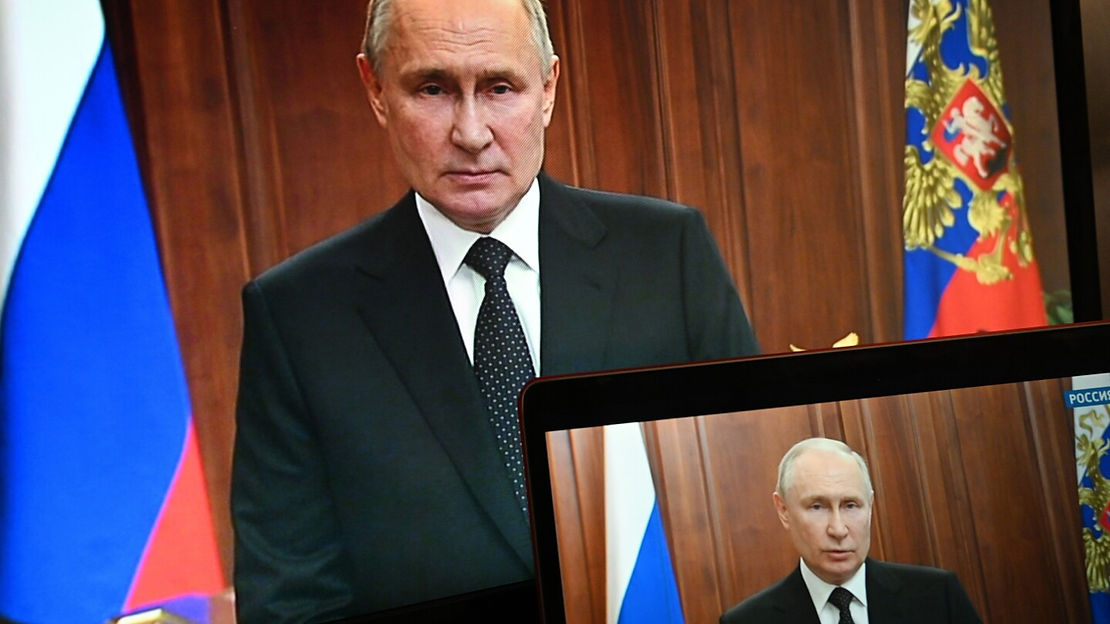By: Jayden Ho
Yevgeny V. Prigozhin, the head of the controversial Wagner paramilitary group, led a sudden armed rebellion in Russia last week, resulting in escalated tensions. The incident marks one of the most significant challenges to President Vladimir Putin’s rule in his 23 years of presidency.
The uprising, following months of increased recruitment drives by Wagner and the Russian Ministry of Defense, reflects the mounting discontent within Russia related to the Kremlin’s ongoing military intervention in Ukraine. As one Western ambassador in Moscow noted, “The system Putin built is very stable, but if I woke up one morning and saw tanks on the street, I would not be totally astonished.”
Armed with heavy weaponry and numbering in the thousands, the rebellious forces led by Yevgeny Prigozhin initially seized control of the southern Russian city of Rostov-on-Don and began advancing towards Moscow, posing the most significant internal military threat the Putin regime has faced in over two decades. Over the past 16 months, the human cost and economic strain of the war have ignited increasing unrest, despite the government’s attempts to conceal the fallout.
Prigozhin is a controversial figure known for his vitriolic criticisms of the Russian military establishment. Notably, he publicly condemned the Kremlin’s motives for the war in Ukraine and accused Russian defense minister, Sergei K. Shoigu, of ordering deadly airstrikes on Wagner fighters. “These assertions, made against the backdrop of an already strained socio-political climate, seem to have incited the recent rebellion,” stated prominent political analyst Sergei Markov, during a recent interview with Radio Free Europe/Radio Liberty, highlighting the prevailing uncertainty among experts regarding the true catalysts of the uprising.
In a swift and surprising move, Belarus’s leader, Alexander Lukashenko, announced that he had negotiated a halt to Prigozhin’s military advances towards Moscow. Under the terms of the agreement, the Kremlin would drop charges against Prigozhin, allowing him to flee to Belarus.
Although Putin has since attempted to quell the insurrection and project unity and stability, questions persist about the strength of his grip on power. Prigozhin’s rising popularity, fuelled by his adept use of social media and rhetoric over the past nine months, has raised speculations about his potential political future.
Experts find the rebellion’s timing and Prigozhin’s defiance intriguing, given Putin’s notorious consolidation of power over his tenure. Critics speculate that Putin’s handling of Prigozhin’s outspokenness reflects an increasing level of tolerance for dissent or, more likely, a tactic to relieve mounting tensions.
Notwithstanding the government’s narrative of unity and control, a Western ambassador to Moscow indicated that the risk of escalating civil unrest is real and the likelihood of sudden political upheaval cannot be dismissed.
The Ukraine invasion, commenced on February 24 last year, has left more than 100,000 Russian soldiers dead, according to American diplomats in Moscow. However, the government has consistently downplayed the conflict’s scale and impact, generating resentment amongst its citizens and further fueling Prigozhin’s rebellion.











